Conditions We Treat Overview
Eagleview Behavioral Health's multi-pronged psychiatric approach emphasizes patient safety, personalized treatment, and a combination of therapeutic techniques and medical interventions to promote lasting recovery.
Eagleview Behavioral Health specializes in treating a variety of mental health conditions, including but not limited to:
- Anxiety
- Bipolar disorder
- Dual Diagnosis
- Schizophrenia
- Suicidal ideation


Treatment for Anxiety Disorder at Eagle View Behavioral Health.
While anxiety disorders are extremely common, they often go undiagnosed or are minimized and dismissed as nerves or nevousness. At Eagle View, we approach all forms of anxiety holistically, taking each individual’s symptoms and experiences into consideration.
Our Acute Psychiatric Inpatient Program offers adolescents (12+) and adults short-term treatment for the five major types of anxiety disorders:
- Panic Disorder
- Generalized Anxiety Disorder (GAD)
- Post Traumatic Stress Disorder (PTSD)
- Obsessive-Compulsive Disorder (OCD)
- Social Phobia (or Social Anxiety Disorder)
Treatment for Bipolar Disorder at Eagle View Behavioral Health
Bipolar Disorder, also known as manic depression, is a major affective or mood disorder characterized by manic or hypomanic episodes and depressive periods. In more simplistic terms, it is a disorder defined by major and highly exaggerated mood swings.
Eagle View Behavioral Health provides professional behavioral treatment for bipolar disorder. Our acute behavioral services are available to adolescents and adults in a healing, safe and structured environment. Please contact us today to learn how our care can benefit you and help you receive the treatment you need.


Eagleview offers Treatment for Dual Diagnosis in Iowa
Dual diagnosis, also known as co-occurring disorders, refers to the presence of both mental health and substance use issues in an individual. According to a report in the Journal of the American Medical Association (JAMA), approximately 50% of individuals with a mental health disorder will also experience a substance use disorder at some point in their lives.* This means that someone with dual diagnosis is struggling with two separate but interconnected conditions that require specialized treatment and care.
At Eagle View, we can care for patients diagnosed with a primary mental health condition which is further complicated through the dual diagnosis of substance use disorder.
Treatment for Schizophrenia at Eagle View Behavioral Health
Schizophrenia is a serious mental disorder that can significantly impair a person’s cognitive, emotional, and behavioral functioning. It affects fundamental systems in the brain, leading to alterations in a person’s thoughts, emotions, and behaviors. Those with schizophrenia or schizoaffective disorder may experience challenges in distinguishing between what is real and what is not. Additionally, they may struggle to regulate their emotions and express them appropriately. As a chronic mental illness, schizophrenia can cause individuals to feel disconnected from reality. Although less prevalent than other mental health conditions, schizophrenia can be highly debilitating due to its symptoms.


Treatment for Suicidal Thoughts at Eagle View Behavioral Health
At Eagle View Behavioral Health, we acknowledge that many people may experience suicidal thoughts at some point in their lives, and it is essential to know that help is available.
Our team of mental health professionals provides compassionate and intensive care for adolescents and adults experiencing suicidal ideation or thoughts of suicide. We understand that these thoughts or behaviors may stem from underlying conditions such as depression, hopelessness, severe anxiety, insomnia, or panic attacks. Therefore, we take a holistic and personalized approach to healing that immediately addresses the crisis and focuses on the individual’s unique needs.
How to Schedule an Confidential Assessment
Anyone can contact us for information on scheduling an assessment. A friend, family member, referring professional, or the patient should call to explore options. The assessment will be completely confidential. We are available 24 hours a day, 7 days a week to assist with questions.
